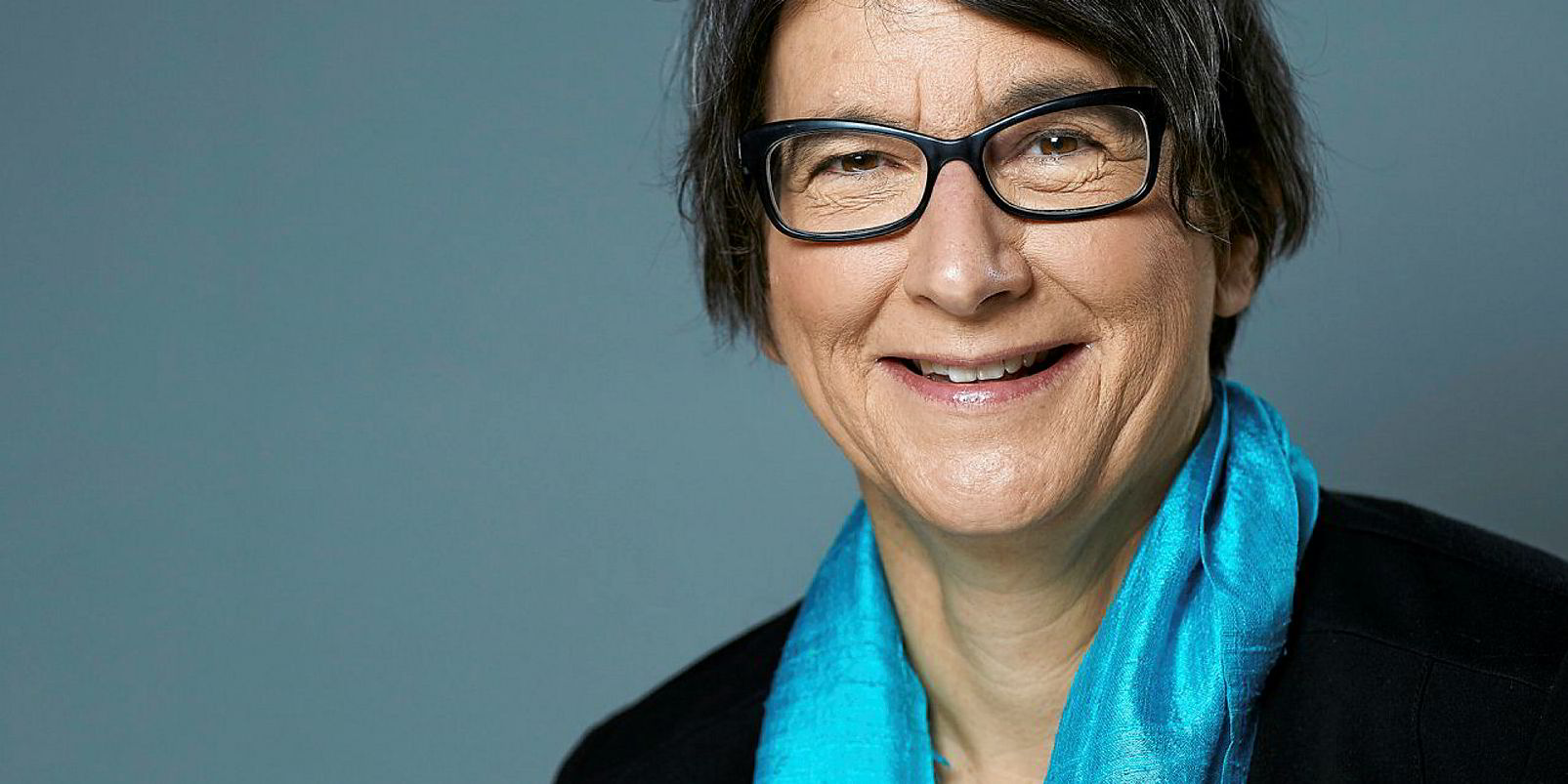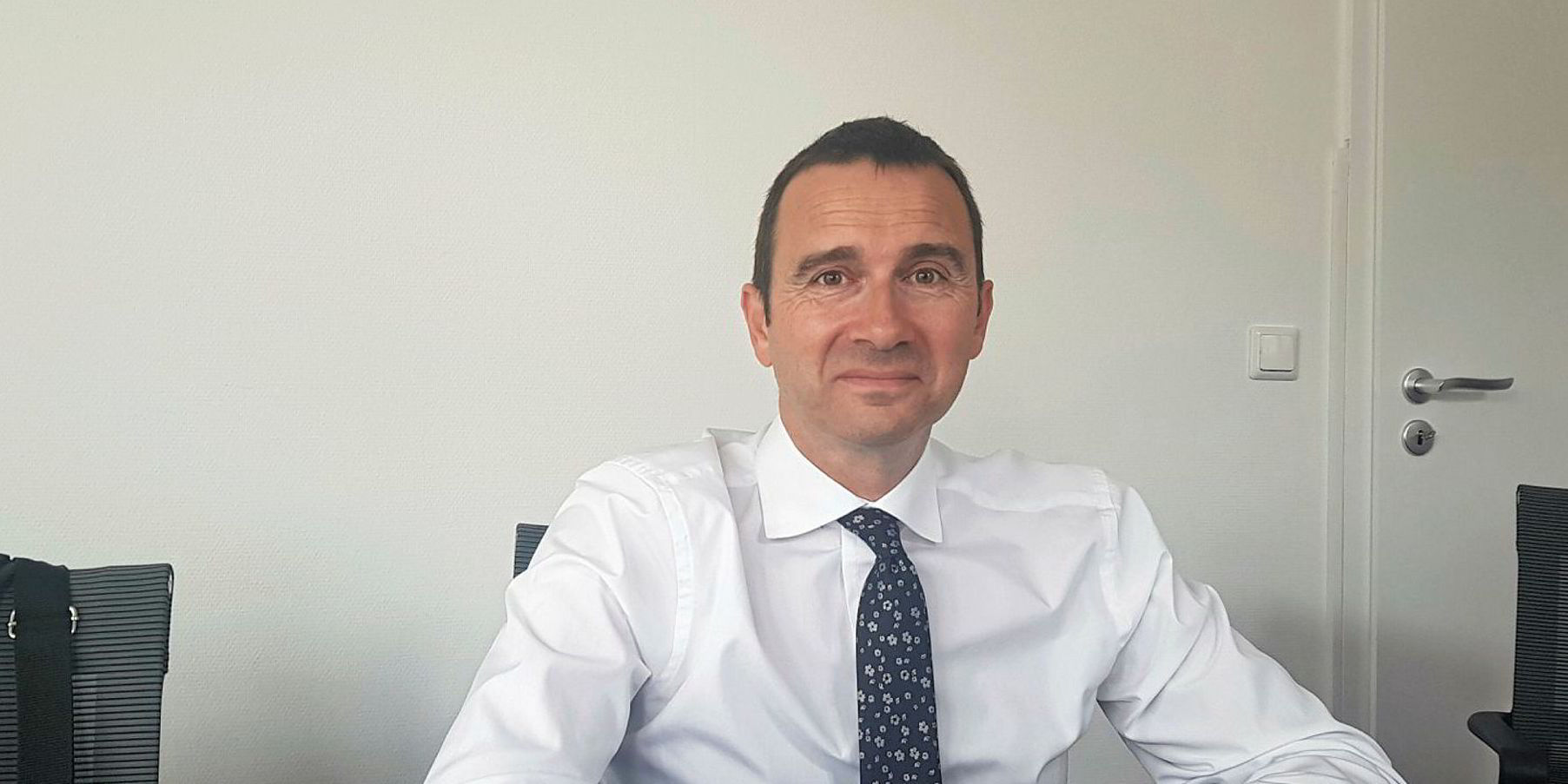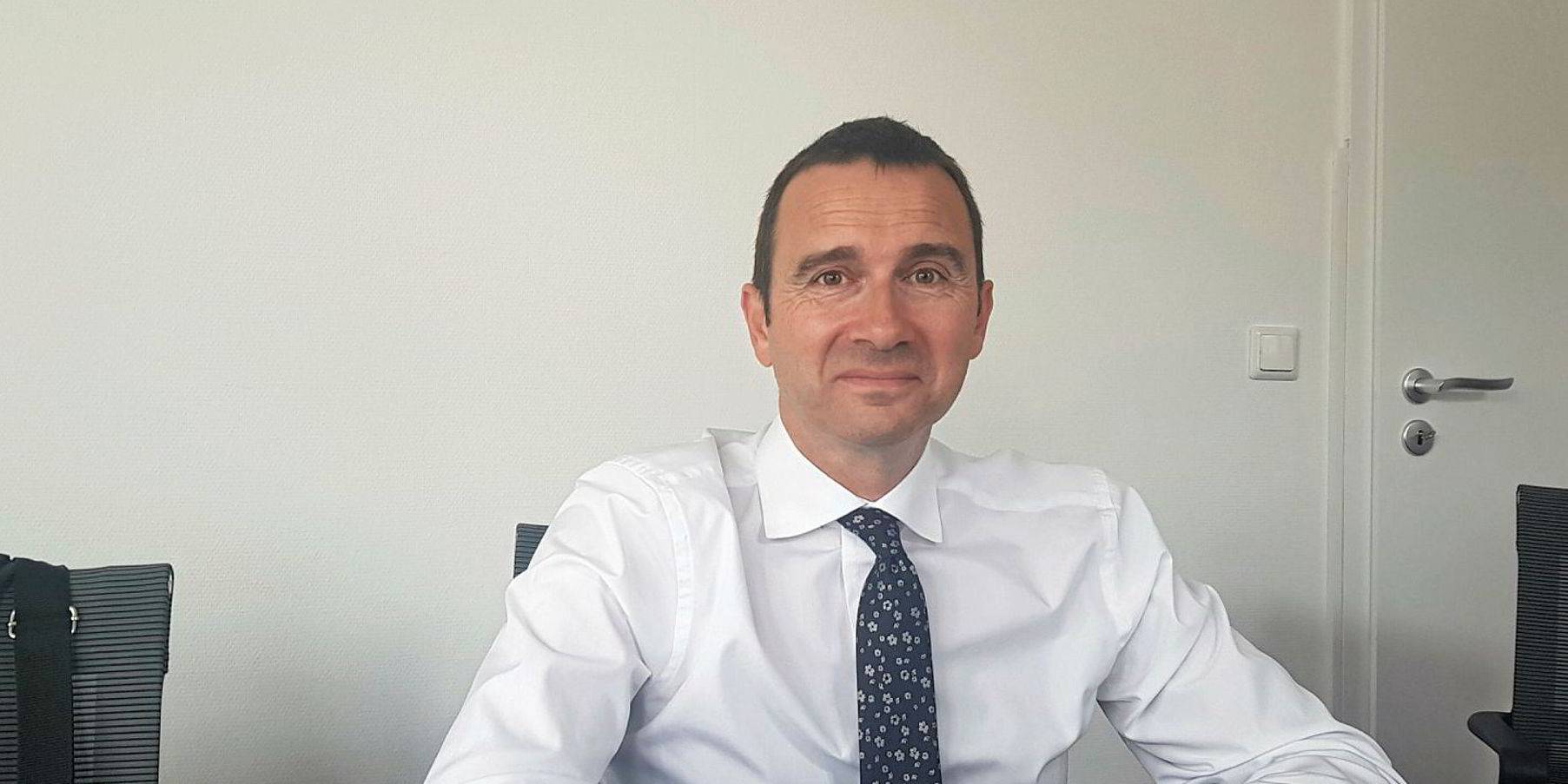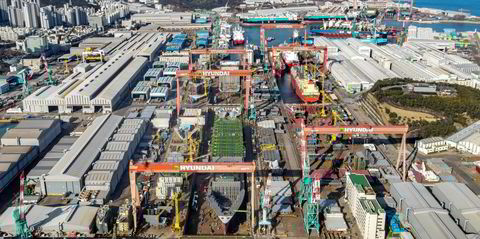A total of 31 marine insurance providers have quit or significantly reduced capacity in the marine insurance market since 2017, the International Union of Marine Insurance (IUMI) conference in Toronto was told this week.
Chaucer head of marine Philip Graham, who heads up IUMI’s Facts & Figures Committee, said the trend is not limited to the Lloyd’s of London market, where there has been a recent cull of unprofitable syndicates. He said there are indications that marine insurers are reducing capacity across the globe.
Around 21 companies had quit in the last year, he said.
He added that these are difficult times for marine underwriters with the risk environment worsening following the recent Saudi attacks. The price of oil has traditionally had an impact on the insurance markets, he pointed out.
“This is a significant event for marine insurers,” he said.
The latest IUMI figures for 2018 indicate marine insurance industry income totalled $28.9bn, increasing by 1% on the previous year. Cargo insurance had the largest share, increasing by 2.5% to $16.6bn in 2018.
However, Astrid Seltmann of the Nordic Association of Marine Insurers, who is also vice chairman of IUMI’s Facts & Figures Committee, said the cargo premium increase largely “correlates to increasing world trade volumes” and could not be attributed to rising premiums.
The hull market was stagnant at $7bn in 2018, IUMI reported. The protection and indemnity market showed a 3% fall in premiums to $3bn after another year in which there was no general increase announced by the members of the International Group of P&I Clubs.
An increase in high-value claims, after several years of low casualty figures, are also resulting in worsening loss ratios for marine insurers. Premiums are not keeping up with the increased size of vessels and ageing fleet, Seltmann said.
“From what we have seen in 2019, major losses are back,” she commented.
A major concern for marine insurers has been an upturn in cargo-related containership fires this year, with the largest segment of the fleet above 50,000 gt showing the biggest spike in incidents.
Summing up the situation in the marine insurance markets, IUMI president Richard Turner told the conference: “For many years, supply has outstripped demand and a sustained period of unprofitability has resulted in a reduction of capacity. Coupled with this is the worrying trend of commoditising our products and transferring individual policies into bundled facilities. A sad corollary is the loss of expertise jettisoned in the short-term pursuit of reducing costs."






